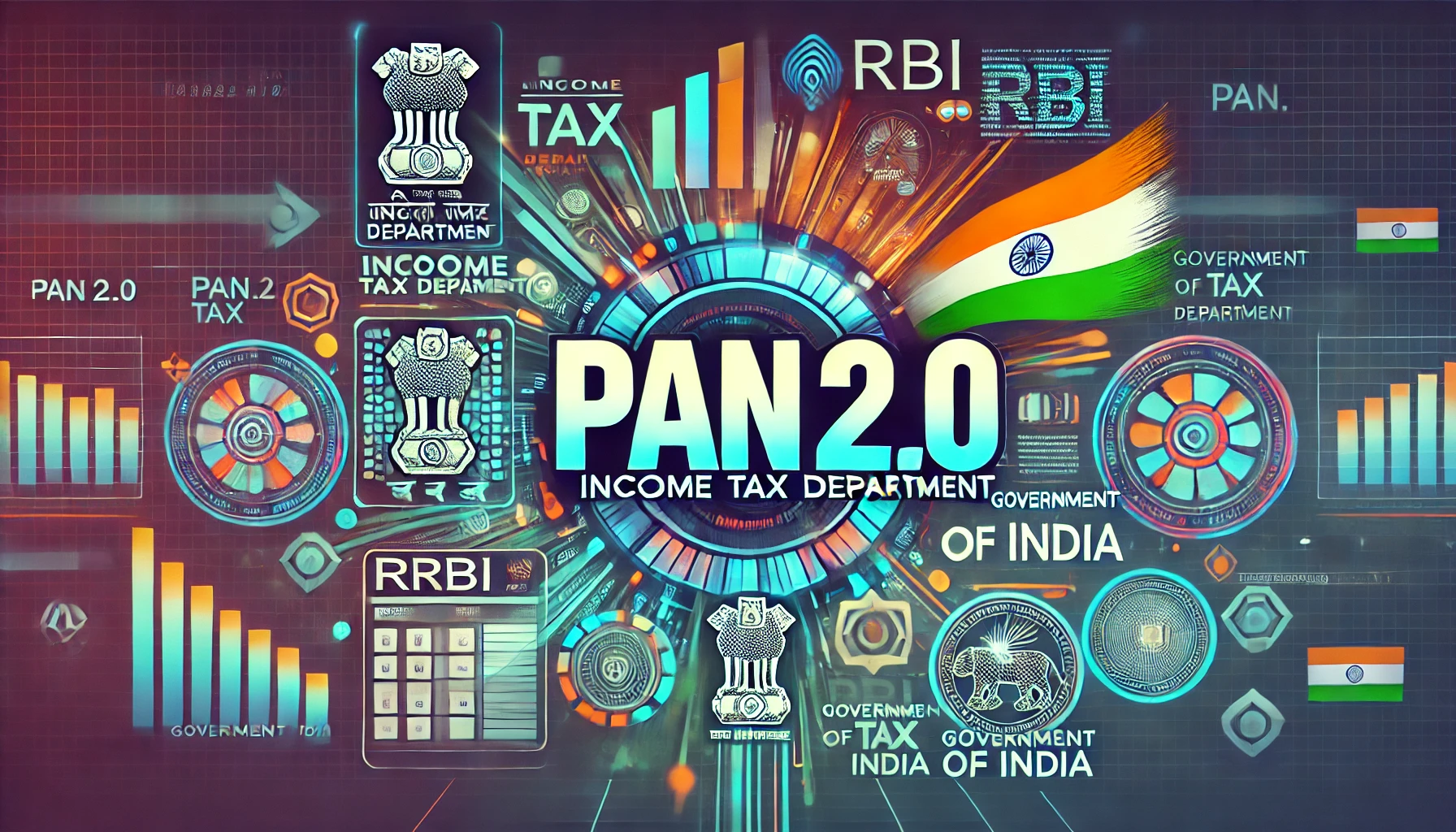Introduction: Wish I Could Bring Down Taxes to Nil
That is what the union finance minister said recently, while addressing an audience at the Indian Institute of Science Education and Research, IISER, in Bhopal. She matter-of-factly said, “I wish I could bring down taxes to nil. But India has challenges.” It reverberated a billion aspirations of Indians; however, Sitharaman also exemplified the practical constraints for a government.
The thought of zero taxation may seem music to the ears, but reality is way different. The government generates revenue to spend on several initiatives like infrastructure, defence, social welfare programmes, health services, and so forth. The remarks by Sitharaman reflect the delicate balancing act that has to be reached between generating revenue without putting an excessive tax burden on people’s wallets.
Role of Taxes in the Indian Economy
Taxes turn out to be the backbone of any economy, and India is no exception. They are the greatest source of revenue for any government and act as a backbone for financing public services and developmental programs. The taxation system in India is such that it has to generate revenues from people and businesses to increase the growth of the country.
Now, how to generate money without putting extra burden on people is the challenge, as the Finance Minister has said. Challenges that India is facing are poverty, unemployment, and infrastructural development. The government would have to spend on multiple sectors, all of which are funded by taxes. Hence, much as the idea of zero taxes may sound ideal, it is not feasible given the present needs of the country.
Nirmala Sitharaman: Treading a fine line between revenue generation and public welfare
Being the Finance Minister, Nirmala Sitharaman is held responsible for ensuring that the government generates adequate revenue to meet its expenditure. Yet, she was equally aware that sometimes the income accruing through taxation turns out to be too much of a financial drain on the commoner’s pocket. The priorities, as she confessed at an event at IISER, were appearing to act at cross purposes.
Sitharaman said people need not bother; it’s her job as a Finance Minister to raise resources in such a manner that the country happens to be facilitated toward its development process. She took stock of the various challenges besetting India, ranging from infrastructure deficits to social welfarism and the increasing demand for health and education services. These are challenges that call for huge finances, and taxes form an essential tool for generating them.
Why India Can’t Afford Zero Taxes
Does zero tax sound good on paper? Well, it would be easy to see why, when one really analyzes the numbers, that’s not going to work in India. The government needs money to fund programs for infrastructure, healthcare, education, defense, and welfare schemes. In such a case, the absence of tax revenue would make the government struggle to sustain such services, not mentioning expanding them to carter to increasing needs from the population.
In countries like India, public service needs are fast growing. The infrastructure is constantly in need of updating and investment in it. Pipelines of new highways, railways, airports, and digital infrastructure projects will drive growth in the country. At the same time, there is a need to spend on education, healthcare, and social welfare programs for easing the sufferings due to inequality, unemployment, and poverty.
All these programs call for a continuous flow of revenue, and taxes form the prime source of revenue for such programs. The government also has to take care of its fiscal deficit, which occurs when its spending exceeds its revenues. Only zero taxation would add to the deficit, hence affecting the spending capability of the government. A far too high level of borrowing to fund public services may lead to an increase in the national debt, which eventually raises interest rates and may destabilize the economy.
Need for Reform of Tax System in India
While it goes without saying that it simply cannot do without taxes, there certainly is a strong case for reforming India’s tax system to make it more effective and just. The minister, Sitharaman, is on record saying that a government should try its best to keep taxes on citizens as low as possible without making the state dysfunctional and paralyzed.
This can be balanced through reforms in taxation, ensuring the same is mobilized transparently and equitably. In this regard, the government of India, during the past few years, has come up with a number of reforms to make the tax regime simple and widen its base. Goods and Services Tax is the single biggest step in this direction. This brought indirect taxes at the Centre and states each with its plethora of various taxes into uniformity and easier compliance for businesses.
The second set of reforms is in the area of rationalizing tax rates for individual and business taxpayers alike, by closing loopholes and bringing in improved compliance in direct taxes. It will reduce the burden on the citizens from the pressure of taxation and ensure that the government extracts sufficient revenue. The second objective shall be to make tax administration less bureaucratic and time-consuming, and this will enhance not only the efficiency of tax collection but also the reduction in harassment of the taxpayers.
Global Comparisons: How India’s Tax System Stacks Up
This comparison clearly brings out the fact that India is not in a dissimilar position with respect to struggling for balancing revenue generation and public welfare. Even on average, taxes remain the biggest revenue source toward funding public services even in developed countries like the United States and most of the European nations; several reforms for their tax systems in dealing with inefficiency matters and fairness.
For example, countries in Scandinavia have relatively high taxation rates but with available infrastructure that has a comprehensive system offering welfare, mainly free health, education, and social security. These countries have fashioned gradual tax systems where high-income earners contribute toward public coffers without unduly burdening the lower-income sections. Moving on in the attempts at creating an effective, robust, and just tax system in India, global examples are to be learned from. Either these taxes should be wholly removed from the ecosystem or ways wherein the tax burden on the citizen can be lessened while country’s development processes continue to be invested in.
Future of Taxation in India
As India grows and develops, the balance the government will have to maintain between generating revenues on one hand and the well-being of its citizens on the other is going to remain delicate. Though Nirmala Sitharaman’s statement to bring down taxes to zero was aspirational in character, there is recognition of the bona fide concerns of taxpayers over financial stress that taxes inflict on them.
Indeed, the government shall take up, at an appropriate time, some serious measures toward compliance, base broadening, and system efficiency. It would involve reduction in tax rates, simplification of tax laws, and use of technology in making the system of tax administration less harassed. At the same moment, the Centre has to take measures to ensure that its requirements of resources are met for the pursuit of its development agenda forcefully.
Conclusion: Complexities in Taxation in a Growing Economy
Nirmala Sitharaman recently came up with her candid remarks at IISER Bhopal and opened a Pandora’s box of debate on the role of taxes in India’s economy. Just the very thought of no taxes sounds really nice. Realistically, they are to be paid for funding the public services and country development. Thus, it is left to each government to take on the challenge of the delicate balance of raising money versus lightening personal financial burden on its subjects.
During this journey yonder, hither, and everywhere if anything has to go by then surely India’s tax system has done much in recent times, with there being work to be done. While in tax, it has to be oriented towards the reforming that will work out efficiently and transparently and fairly in the sense that this aspect will ensure continuity in securing the government and meeting its people’s needs without affecting economic growth.
Finally, a taxation system has to be devised which will support country development but not overburden the citizen. It is in the progress of India that increasingly, innovative solutions to these challenges are required at the same time with a government that will ensure growth does reach every citizen.



























Leave a Reply